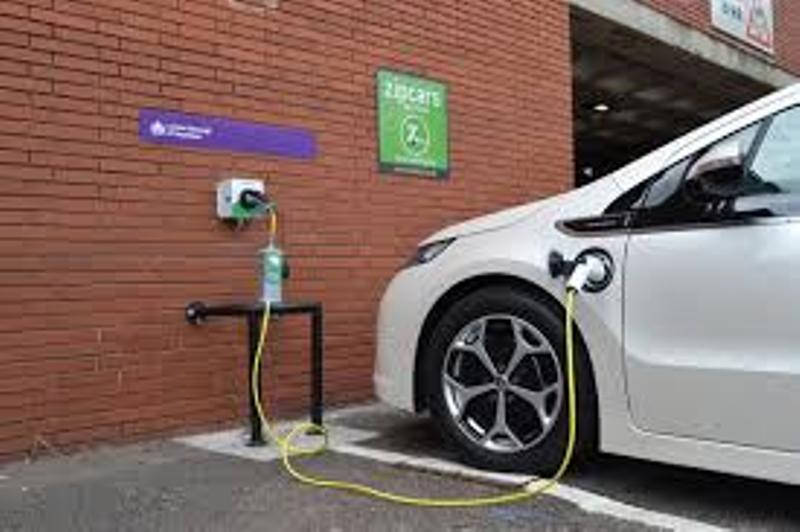Andy Spencer, Director Sustainability, Security and Energy, discusses the question of installing charging stations for plug-in hybrid and electric cars
Q: What is the background on electric and hybrid cars?
A: At the moment the car industry is a state of disruption. The VW diesel emissions scandal and the ‘dirty diesel’ media coverage has led consumers to think that all diesel cars including new models are worse than petrol or other options. In the last 12 months new car sales have fallen, diesel cars by 37%, highlighting that most of us are uncertain about the best choice of car – diesel, petrol, hybrids or electric.
Q: What are the advantages of plug in hybrid vehicles?
A: When fully charged most hybrid vehicles will drive for 15-30 miles on battery and then revert, typically to a standard petrol engine. They have current car tax advantages, as the emissions test (which determines the tax charged) begins with a full charge over a 20 minute test. These cars meet their potential over short journeys with regular charging.
Emissions tests for vehicles are changing to longer laboratory cycles and real, ‘on road’ testing. The effect this will have on results and taxation is currently unclear.
Q: What decision has been made by the business about installing electric charging points or allowing charging of cars on sites?
A: It has been decided for the moment not to install charging points or allow charging at sites for numerous reasons including:
- To be fair to everyone they would have to be installed across the business and this represents a significant investment.
- Charging points, particularly ‘fast’ points are very expensive to buy and operate.
- They take up parking spaces and at some sites, spaces are at a premium.
- Some sites are leased and therefore we would have to get permission from the landowner, which may not be forthcoming.
- Some local electricity networks do not have the capacity for charging points.
- Part of our electricity cost is ‘connection capacity charge’ – more capacity needed could increase our cost significantly.
- Our electricity rates vary significantly, for example in the afternoon peak periods the costs can be ‘eye watering’.
- Recovering fair cost from people who would use charging points is complicated.
- Maintenance can be costly.
- Where dedicated charging points do not exist, trailing cables and electrical safety could present a safety risk.
Q: Will it always be the case that we won’t install charging points?
A: No. The decision not to widely invest reflects the situation today. We remain committed to becoming more sustainable and socially responsible, and as vehicle technology, taxation, government support and energy network changes emerge, the decision will be reviewed on a regular basis. We may undertake trials occasionally to learn and adapt to future challenges.
